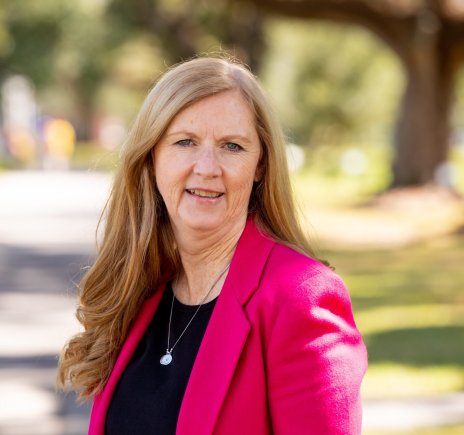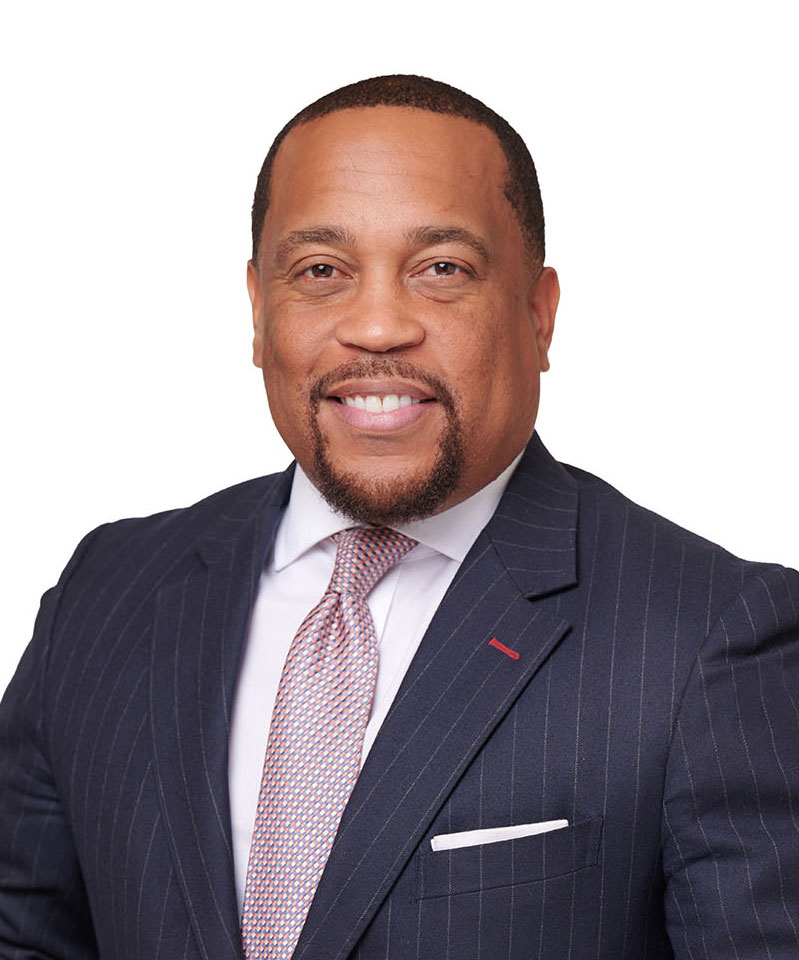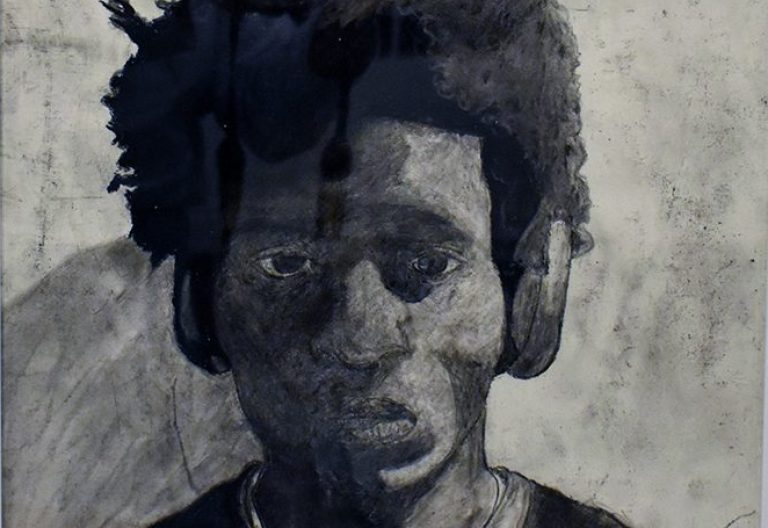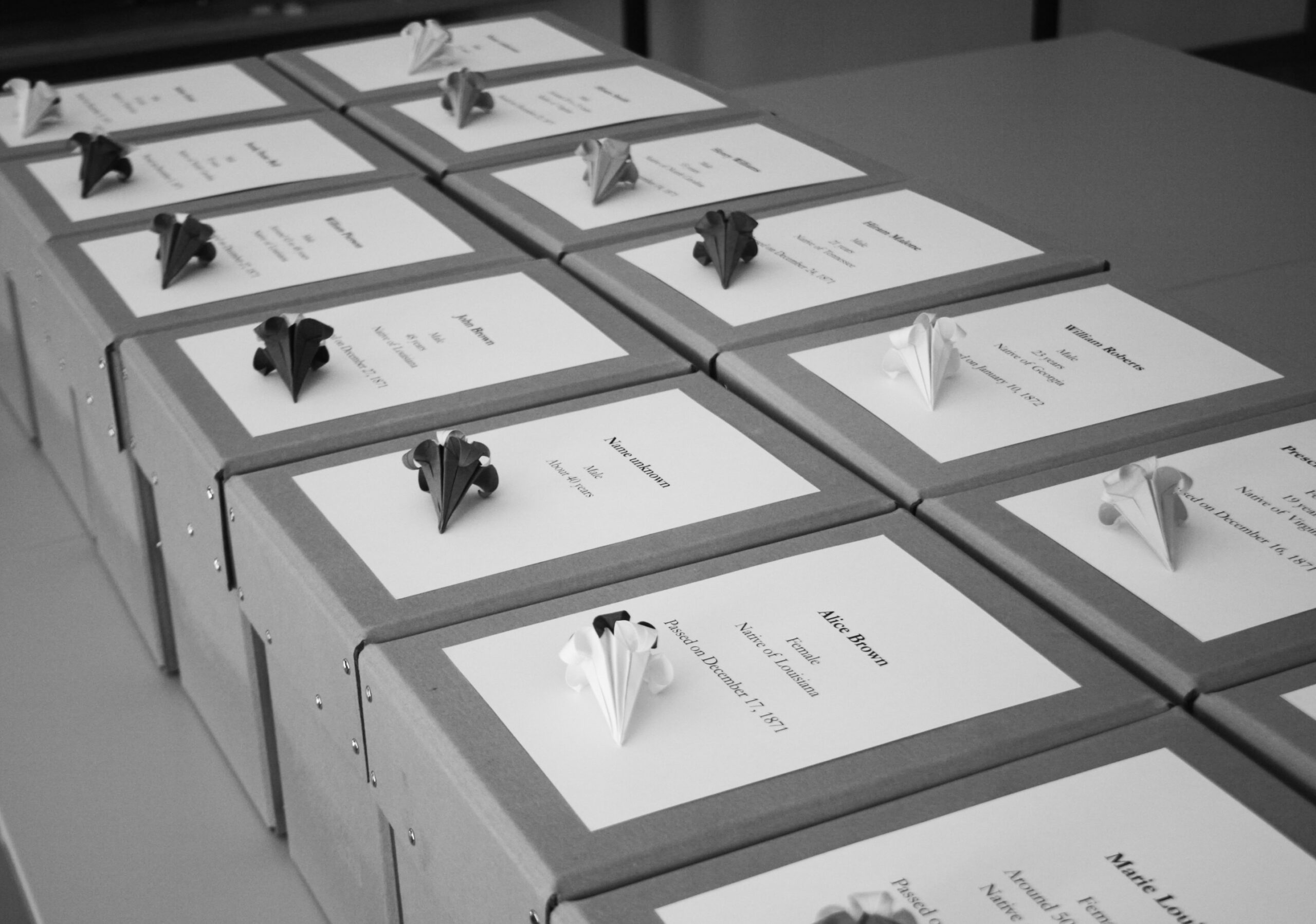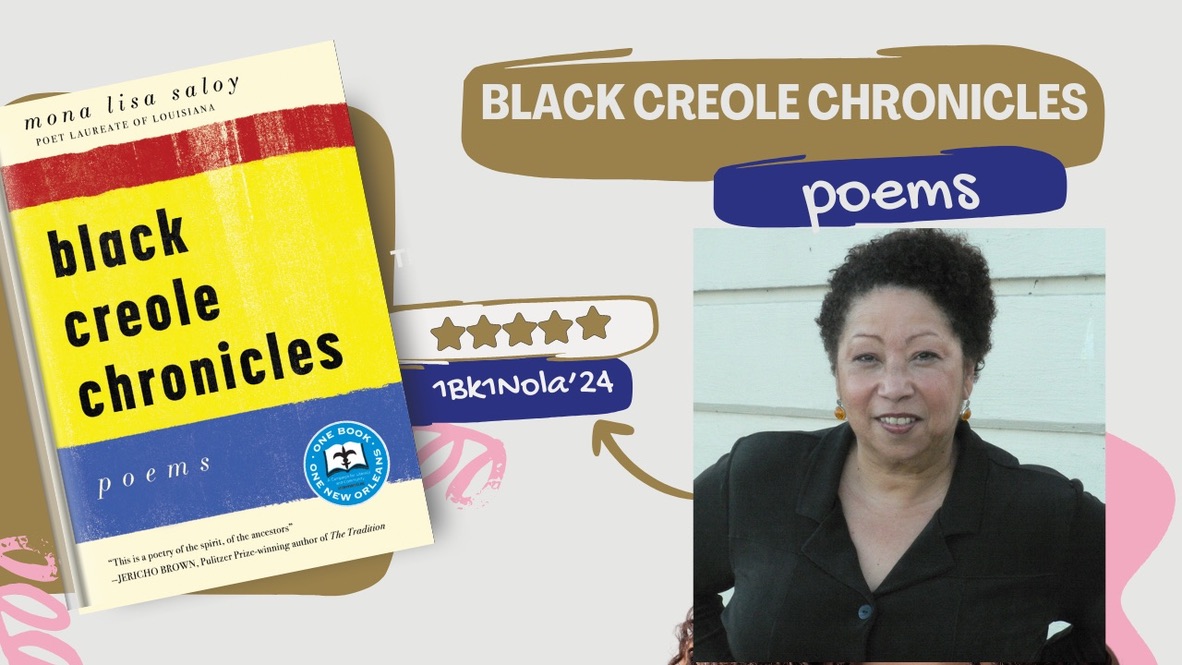Danielle Miller, dmiller@dillard.edu
October 31, 2022
It is okay to ask for help.
For people who are independent and self-reliant, asking for help can be hard. That was the sentiment for Sheila Judge, director of Disability and Title IX coordinator, during her battle with breast cancer. Although the mother and career woman was determined to maintain a sense of normalcy in her daily life, there were certain things she could no longer do. Learning to rely on and trust family and friends for help was an important lesson she learned throughout the process, and she encourages others to do the same.

“There were times when I couldn’t get out of bed, but I had people who took care of my son and made sure that he didn’t feel bad because I wasn’t able to do things with him,” said Judge.
Judge was diagnosed with stage 1 breast cancer in 2006. While doing a self breast exam, she discovered a lump under her arm, which is a location that is difficult to notice in a typical mammogram. “If I had not brought it to the attention of the person doing the mammogram, it could have been missed,” she said.
She underwent three surgeries and eight rounds of chemotherapy that lasted six months. Having watched her sister go through breast cancer, Judge was prepared for what to expect: fatigue, hair loss and therapy that could lead to premature menopause. But what she did not know is how severe the fatigue would be, making it difficult to simply walk up a flight of stairs. Her greatest fatigue happened when her white blood cells were completely depleted. Fortunately, there was a treatment that was designed to help the body replenish the white blood cells and once that regimen started, the fatigue reduced greatly.
Aside from leaning on family and friends for support, Judge took full advantage of the resources that were available through the American Cancer Society, Susan G. Komen, and local cancer support. She read research articles and learned all of the things she needed to know about her cancer diagnoses such as stage, type, whether it was fueled by hormones, and how aggressive the cells were growing. “Accepting the assistance I needed when I needed it made me strong because it takes a strong person to recognize their limitations and a smart person to not only accept help that was offered, but to speak up when it was needed,” Judge said.
According to Judge, the best advice she can give someone going through breast cancer is to not neglect conducting self breast examinations because you do not think you are at risk. Performing a self breast exam and finding the suspicious lump led Judge to early diagnosis at stage 1 and helped her to reach survivor status. “You are the best person to notice when something is different in your breast tissue. Get your baseline mammogram and annual mammograms when suggested by your physician. These are the tools that will allow an early stage breast cancer diagnosis and early diagnosis is what saves lives,” she added.

